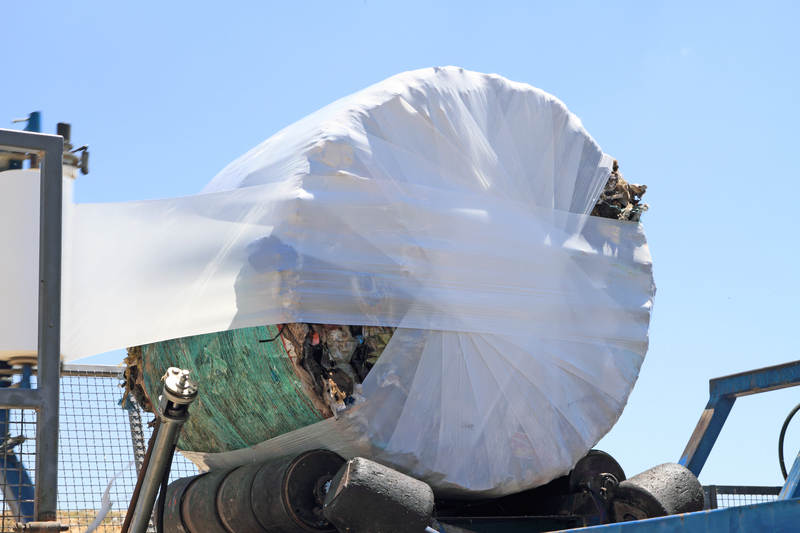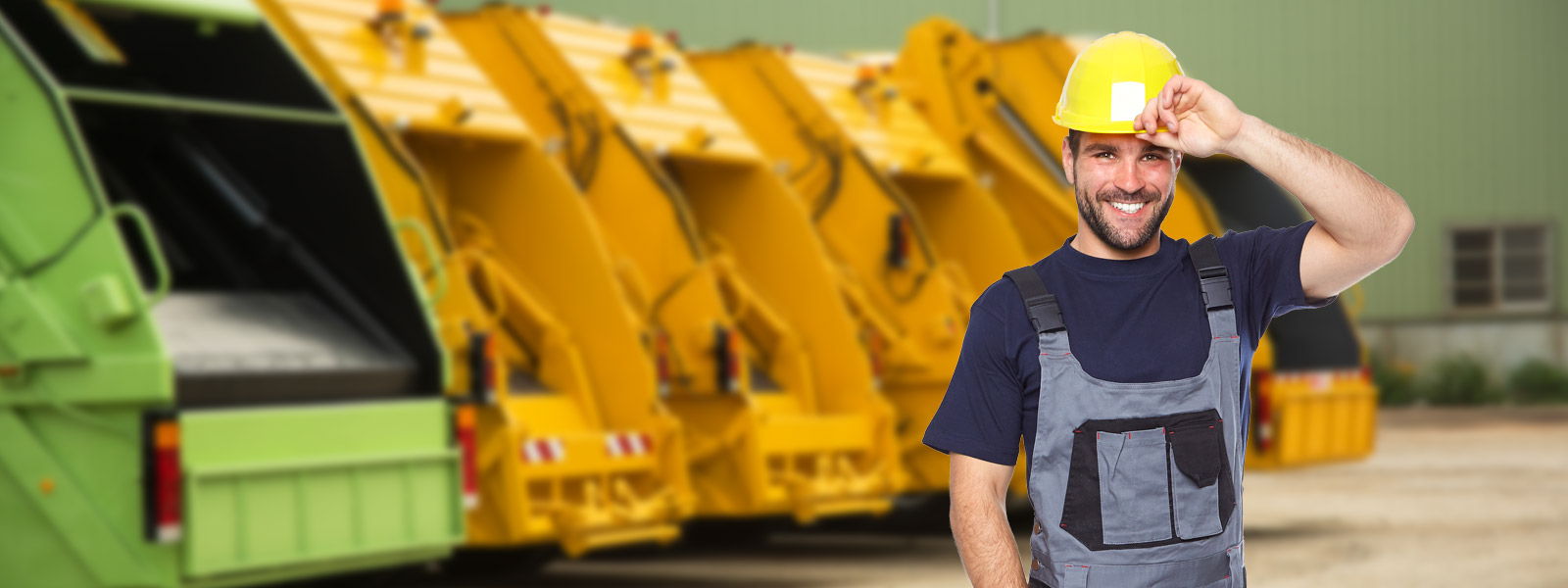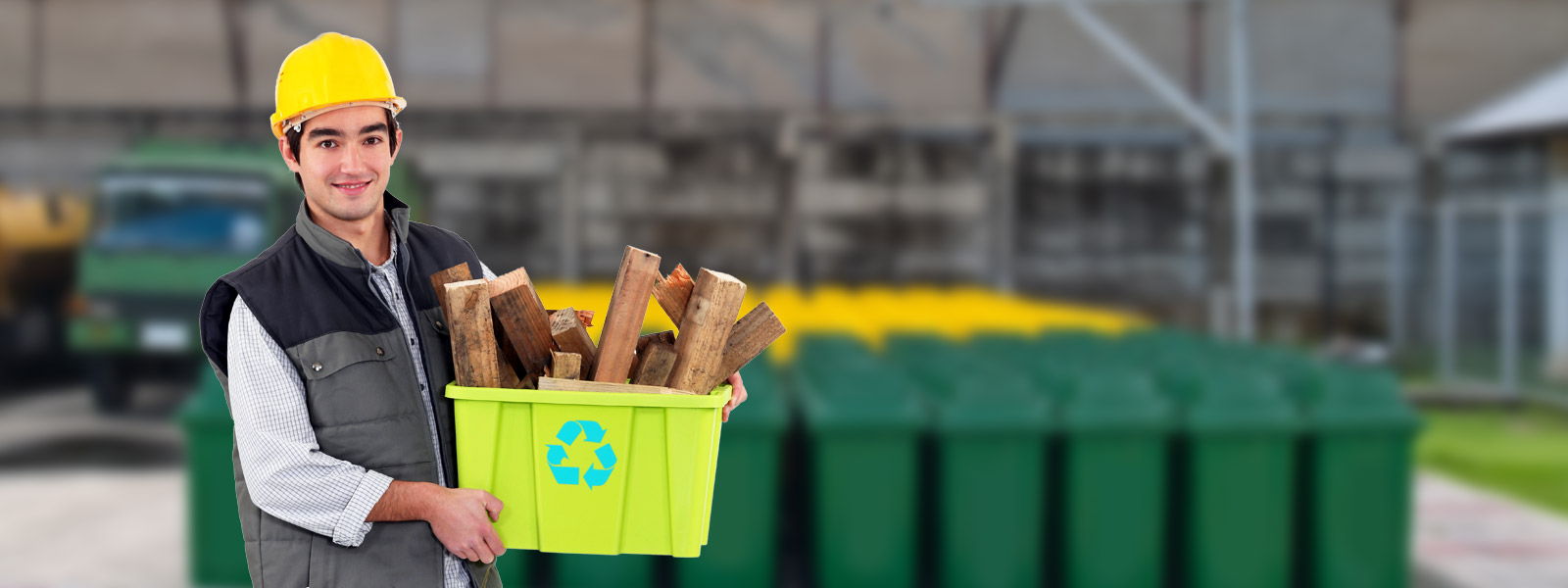Brick and Rubble Disposal
Posted on 05/11/2024
Proper brick and rubble disposal is essential in maintaining a clean and safe construction site. Disposing of construction waste in an eco-friendly manner is not only beneficial for the environment but also cost-effective and efficient. This article will guide you on how to dispose of bricks and rubble responsibly.
Why Proper Disposal is Important
When construction materials like bricks and rubble are not disposed of appropriately, they can cause a multitude of problems. They can harm the environment, contribute to landfill overflows, and incur heavy fines due to improper disposal practices. Therefore, understanding the best ways to dispose of these materials is crucial.

Methods of Brick and Rubble Disposal
Recycling
Recycling is one of the most eco-friendly ways to dispose of bricks and rubble. Many companies specialize in recycling construction waste. They crush and clean the debris, turning it into reusable materials. Recycled bricks and rubble can be used in new construction projects, reducing the need for new raw materials and lessening environmental impact.
Reuse
If your bricks are still intact, consider reusing them. Bricks can be cleaned and used for new construction projects, garden landscaping, or as decorative elements in home design. Reusing bricks helps save money and reduces waste.
Hiring a Skip Service
For those who generate a small to moderate amount of construction waste, hiring a skip service can be a convenient solution. Skip bins are placed at your site and collected once full. Ensure you choose a service that follows proper disposal and recycling practices.
Renting a Rubbish Removal Service
This service is particularly useful for larger projects where the amount of brick and rubble is substantial. Rubbish removal services can efficiently handle and dispose of the waste. It's essential to check that the service provider disposes of waste according to local regulations.
Legal Considerations
In many areas, there are strict regulations governing the disposal of construction waste. Failing to comply can result in significant fines. It's crucial to familiarize yourself with local laws and ensure that all disposal methods meet legal requirements. Always use licensed disposal services to avoid legal complications.
Environmental Impact
Improper disposal of bricks and rubble can have severe environmental consequences. These materials can take up valuable space in landfills and potentially leach harmful substances into the ground. By recycling and reusing materials, we can conserve natural resources and reduce our carbon footprint.
Pros and Cons of Different Disposal Methods
Recycling
Pros:
Environmentally friendly
Conserves natural resources
Can reduce disposal costs
Cons:
Requires sorting and cleaning
May involve transportation costs to recycling facilities
Reuse
Pros:
Cost-effective
Reduces waste
Adds aesthetic value to projects
Cons:
May require effort to clean and deconstruct materials
Limited by the condition of reusable materials
Skip Services
Pros:
Convenient
Can handle moderate amounts of waste
Cons:
Can be expensive for large amounts of waste
Requires space for the skip
Rubbish Removal Service
Pros:
Efficient for large projects
Professional handling and disposal
Cons:
Can be costly
Requires scheduling and coordination
Tips for Efficient Disposal
Plan Ahead: Before starting a project, identify the types and amounts of waste that will be generated.
Segregate Waste: Separating different types of construction waste can make recycling and disposal more efficient.
Hire Reputable Services: Use licensed and certified disposal services to ensure compliance with local regulations.
Consider Donations: Some organizations accept construction materials for reuse in other projects.

Takeaways
Understanding the methods and benefits of proper brick and rubble disposal is crucial for any construction project. By recycling, reusing, and hiring professional services, you can effectively manage construction waste, protect the environment, and avoid legal issues.
Conclusion
Proper brick and rubble disposal is not just a regulatory requirement but a responsible practice that benefits the environment and community. By selecting the right disposal methods and following expert tips, you can ensure that your construction site remains organized, sustainable, and compliant with local laws. Whether through recycling, reusing, or using professional services, efficient waste management should be a priority for every construction project.
Latest Posts
Unlocking the Secrets of Sustainable Pot Disposal
Simple Steps to Curtail Your Use of Plastic Products
Stress Less: Transform Your Space, Transform Your Mind
 House clearance
House clearance Rubbish collection
Rubbish collection








 020 3744 6462
020 3744 6462 020 3744 6462
020 3744 6462


